

Due to rapid urbanization, municipal authorities today face pressing challenges related to transportation safety and environmental improvement in urban areas. At the same time, ensuring mobility for residents of remote districts remains essential. To address this, hybrid transport systems are increasingly used, where metro and light rail lines coexist with buses and ride-sharing services. This allows for more flexible logistics, but not always efficient ones. But what if uST technologies were integrated into this chain?
According to UN social research, modern cities are becoming hubs of innovation and economic growth, and by 2050, 70% of the global population will reside in them. One of the main contributors to the planet’s deteriorating environmental conditions is the vast number of internal combustion engine vehicles. Therefore, caring for the environment is already a priority, as reflected in the Sustainable Development Goals adopted by the UN General Assembly in 2015.
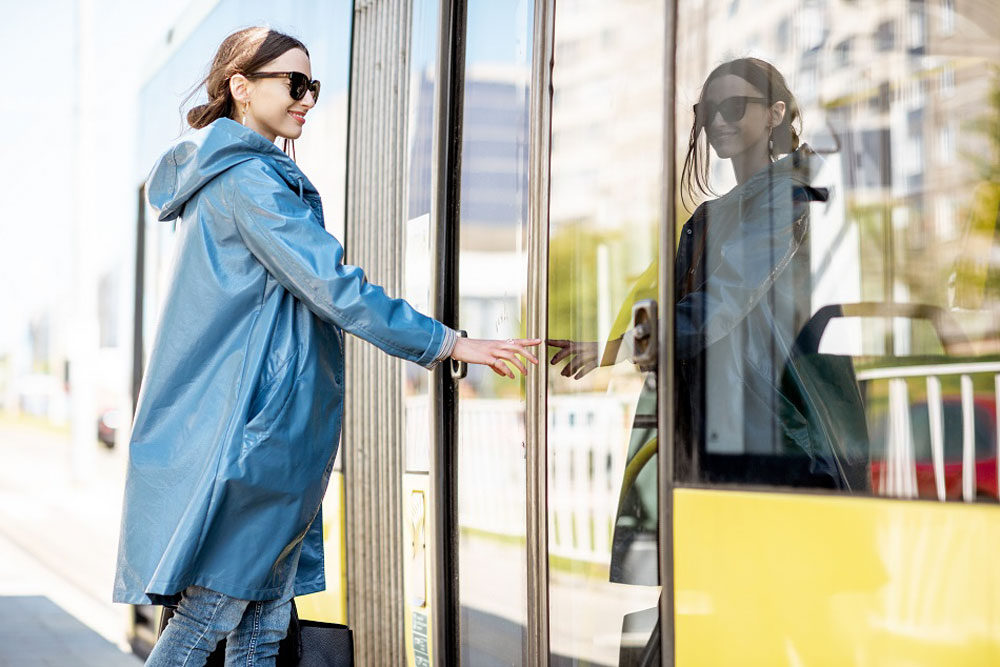
The study also notes that the popularity of urban public transport declines when stops are located more than 400 meters apart. This factor encourages people to purchase personal vehicles.
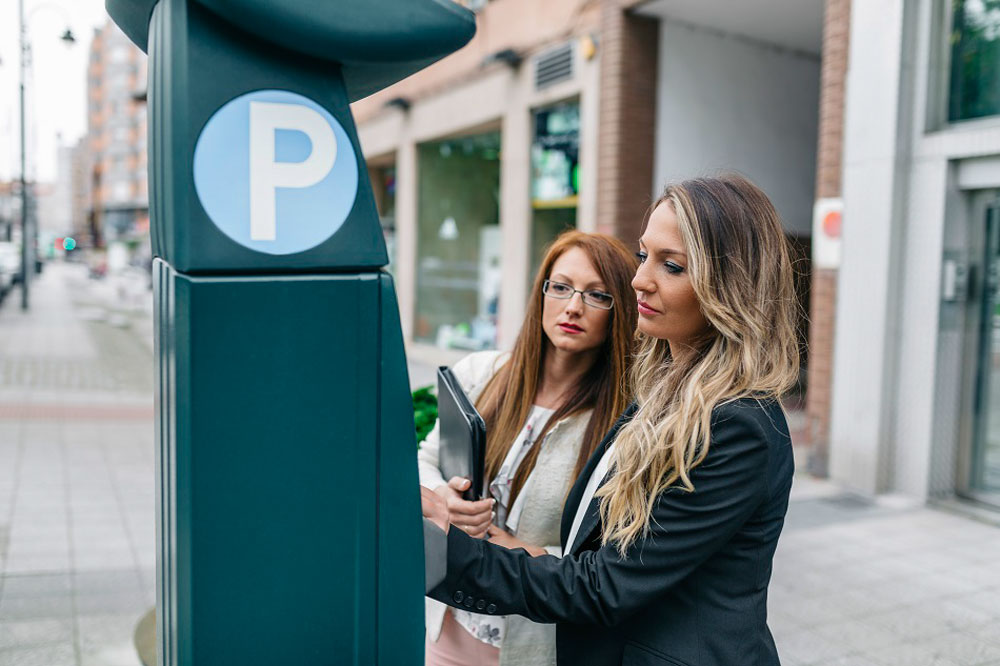
To overcome the so-called last mile to home, municipalities attempt to combine transport flows using car-sharing and additional bus routes where metro or tram lines end. However, such solutions are not entirely effective.

For example, car-sharing fleets have limited capacity, and their services are inaccessible to some elderly individuals and those without a driver’s license. During peak hours, rental cars further congest already overloaded roads. As for bus routes, long intervals between trips on extended routes often lead to overcrowding.
Traditional transport solutions for overcrowded cities, such as metro and trams, are too costly to cover the last mile. Moreover, building new lines and stations requires significant time and space – resources that are always scarce in megacities. An optimal solution is the construction of compact uST string rail corridors. These can quickly establish efficient connections across entire urban agglomerations without harming the environment.
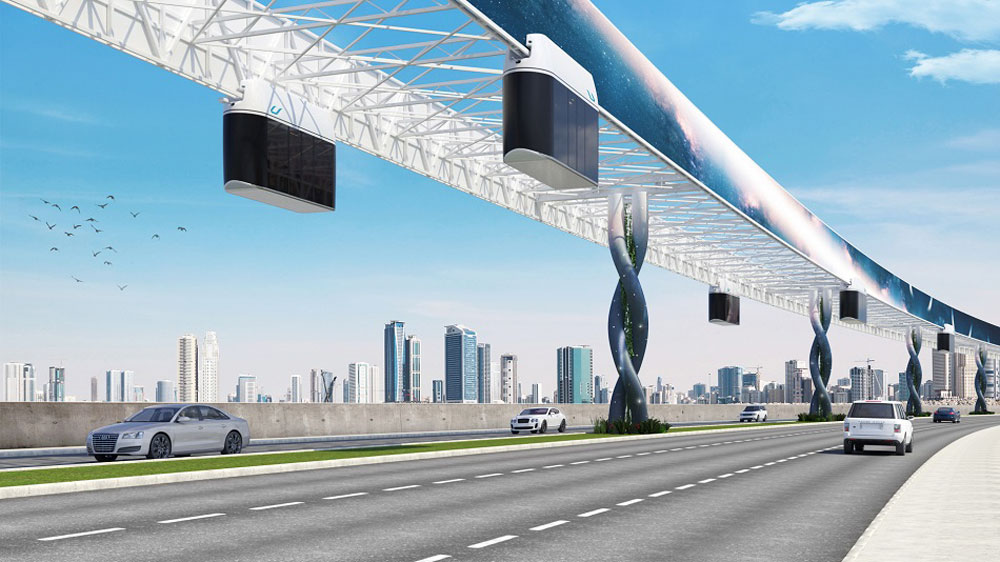
uST transport infrastructure solutions integrate seamlessly into existing routes. Thanks to a lightweight track structure that can be adapted to nearly any terrain, string transport can link hard-to-reach residential areas with, for example, a metro terminal station. As a result, residents won’t need to call a taxi or book a car-share to reach a transport hub. With an automated control system, the speed and frequency of uST’s unmanned rail vehicles (uPods) can be adjusted based on passenger traffic. This allows uPod movement to be synchronized with the schedules of commuter trains and electric railways.
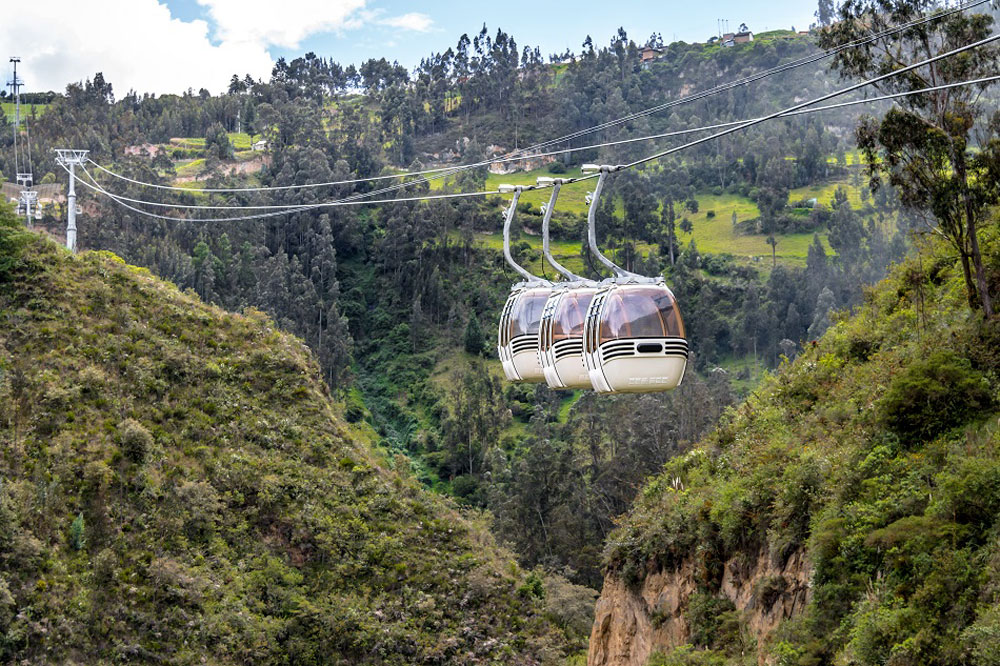
The example of Medellín, Colombia’s capital, where cable cars are integrated with metro lines, demonstrates how two fundamentally different types of public transport can operate effectively within a unified hybrid system. However, UST Inc.’s string rail corridors are significantly more economical and faster than traditional cable cars. These systems can be easily combined with both surface and underground transport modes.
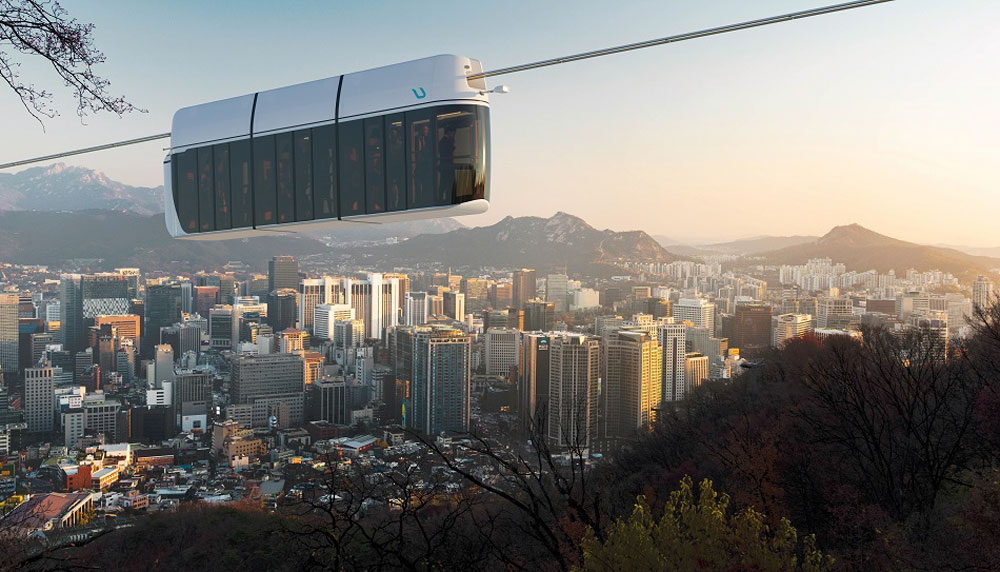
String-based unmanned transport holds enormous potential for urban infrastructure development. It integrates well into existing transport systems and, due to its high throughput capacity, can serve as a primary mode of transport, enhancing accessibility in specific districts. Such a project can relieve pressure on existing road networks, improve residents’ quality of life, and contribute to better environmental conditions in the region.
This form asks for your consent to allow us to use your personal data for the reasons stated below. You should only sign it if you want to give us your consent.
Who are we?
The name of the organisation asking you for consent to use your information is:
Global Transport Investments
Trident Chambers, P.O. Box 146, Road Town
Tortola
British Virgin Islands
We would like to use the following information about you:
Why would we like to use your information?
Global Transport Investments would like to send this information to company registry, inform you about its news, for refund purposes.
What will we do with your information?
We store your name, address, ID Data, date of birth into company registry. We will share your e-mail & phone number with IT Service (https://digitalcontact.com/), SMS Center (http://smsc.ru). They will add your details to their mailing list and, when it is news update, they will send you an email or sms with details. We store your credit card number for possible refunds.
How to withdraw your consent
You can withdraw the consent you are giving on this form at any time. You can do this by writing to us at the above address, emailing us at the address: [email protected] or by clicking on the unsubscribe link at the bottom of emails you receive.
This privacy notice tells you about the information we collect from you when you sign up to receive our regular newsletter via our website. In collecting this information, we are acting as a data controller and, by law, we are required to provide you with information about us, about why and how we use your data, and about the rights you have over your data.
Who are we?
We are Global Transport Investments. Our address is Trident Chambers, P.O. Box 146, Road Town, Tortola, British Virgin Islands. You can contact us by post at the above address, by email at [email protected].
We are not required to have a data protection officer, so any enquiries about our use of your personal data should be addressed to the contact details above.
What personal data do we collect?
When you subscribe to our newsletter, we ask you for your name and your email address.
Why do we collect this information?
We will use your information to send you our newsletter, which contains information about our products.
We ask for your consent to do this, and we will only send you our newsletter for as long as you continue to consent.
What will we do with your information?
Your information is stored in our database and is shared with with IT Service (https://digitalcontact.com/), SMS Center (http://smsc.ru). It is not sent outside of the Euro. We will not use the information to make any automated decisions that might affect you.
How long do we keep your information for?
Your information is kept for as long as you continue to consent to receive our newsletter.
Your rights over your information
By law, you can ask us what information we hold about you, and you can ask us to correct it if it is inaccurate.
You can also ask for it to be erased and you can ask for us to give you a copy of the information.
You can also ask us to stop using your information – the simplest way to do this is to withdraw your consent, which you can do at any time, either by clicking the unsubscribe link at the end of any newsletter, or by emailing, writing us using the contact details above.
Your right to complain
If you have a complaint about our use of your information, you can contact the Information Commissioner’s Office.
Rate and Comment
You can assess the importance of a particular publication and the level of its preparation. Share your opinion in the comments!